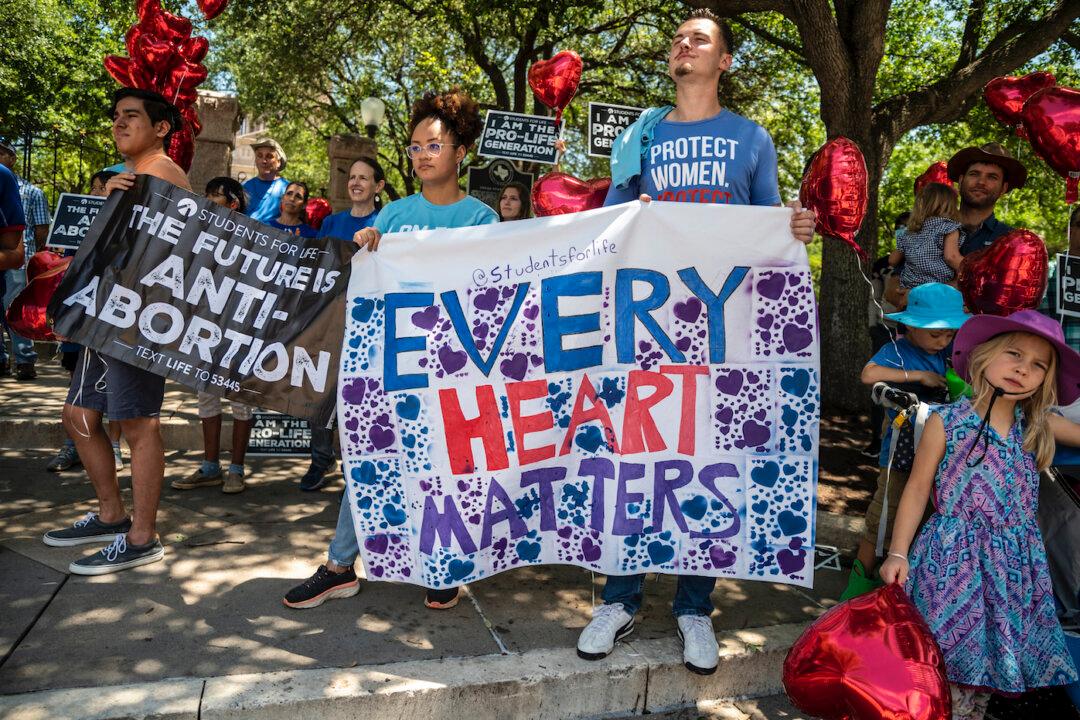Commentary
Many would rather avoid a serious discussion of abortion. Some economic conservatives see the issue as a distraction from the serious business of winning elections and getting the economy back on track.

Many would rather avoid a serious discussion of abortion. Some economic conservatives see the issue as a distraction from the serious business of winning elections and getting the economy back on track.